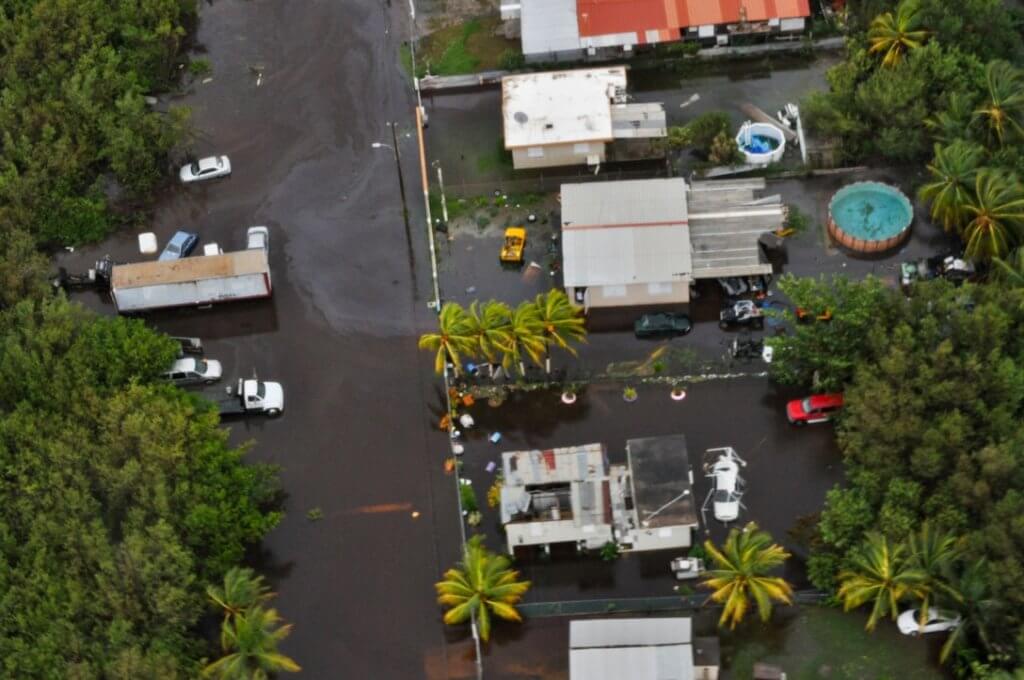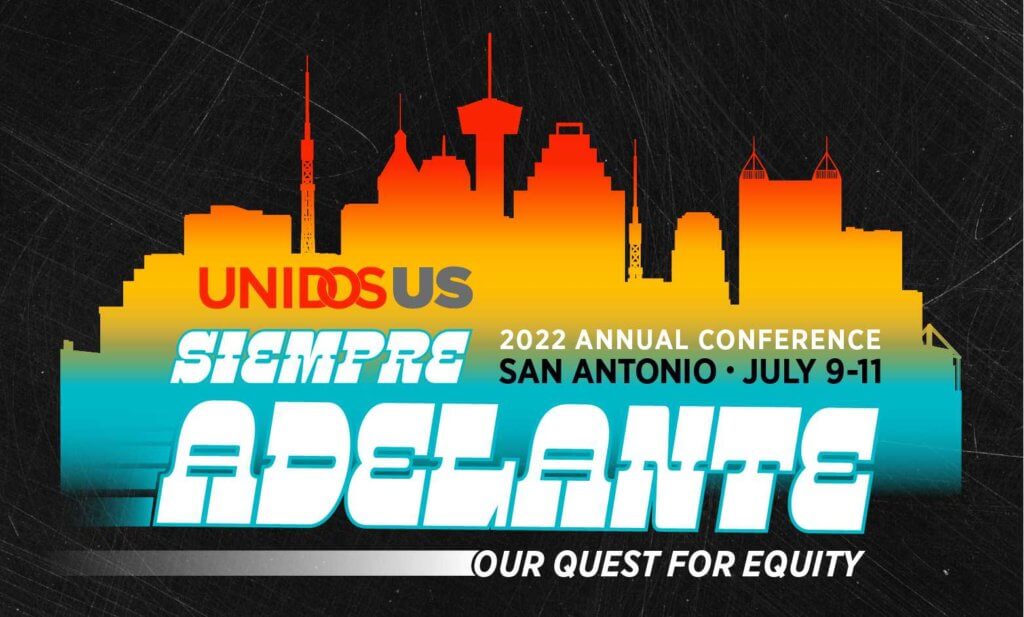The untold border crisis: How UnidosUS Affiliate Casa Familiar is tackling environmental social justice
This year’s UnidosUS Annual Conference will be hosted in San Diego, a community that celebrates Hispanic heritage and shows its contributions to American society through the exchange of cultures and commerce. California is our largest Affiliate region, and San Diego itself is home to eight Affiliates supporting the Latino community. These Affiliates serve more than 150,000 clients in San Diego alone, in the areas of civic engagement, education, health, and housing. In our “Road to San Diego” series, we highlight the inspiring work they are doing in their community and the power of collaboration and leadership that is inherit within the UnidosUS Affiliate Network.
In this new Road to San Diego article, we feature Casa Familiar (Casa), formerly known as Trabajadores de la Raza. Founded in 1968, they first provided direct services and counseling, and throughout the years they’ve grown organically as an organization addressing the needs that have become more and more evident in San Ysidro.
Casa now offers services that range from affordable housing to arts and culture to community and economic development. One of the new needs it’s discovered is in the environmental social justice space, and Casa Familiar doesn’t shy away from taking it on.
By Beatriz Paniego-Béjar, Content Specialist, UnidosUS
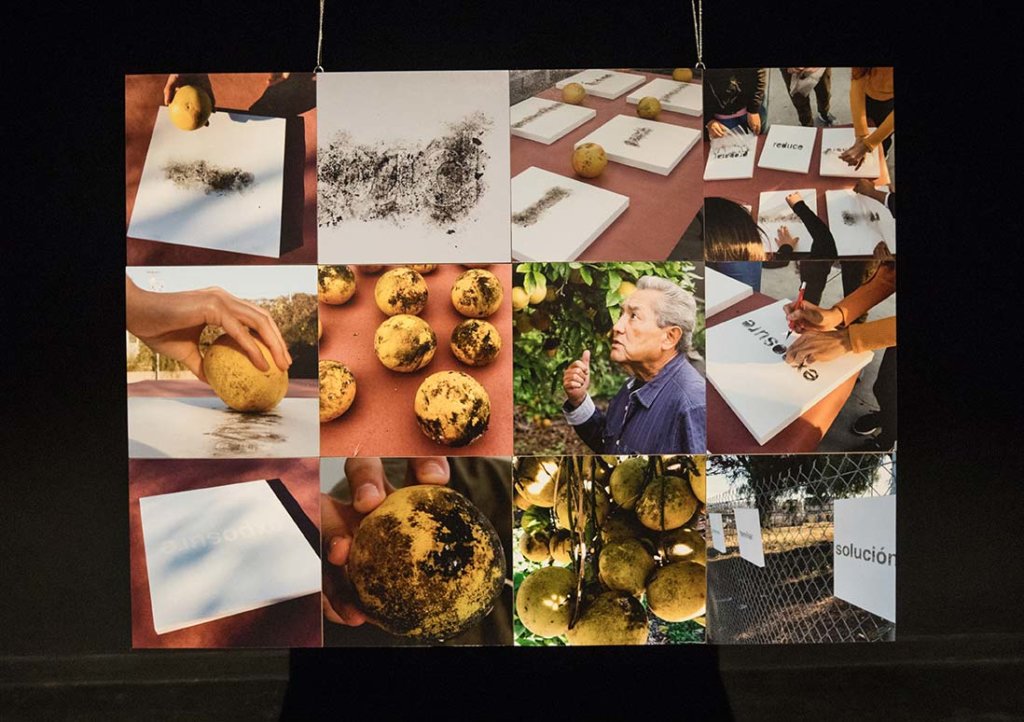
The debate around the crisis at the border is constant and loud, full of strong opinions, and greatly divisive. But it is when we talk to the people and organizations living and working at the border, who see what is going on firsthand every day, that a broader and deeper understanding of the issue is made clear.
In a recent conversation with Sylvia Acosta, CEO of UnidosUS Affiliate YWCA El Paso del Norte Region, she described how El Paso (Texas) and Ciudad Juárez (Mexico) are one community. Lisa Cuestas, CEO of Casa Familiar in San Diego, shares the same thought about her city and Tijuana.
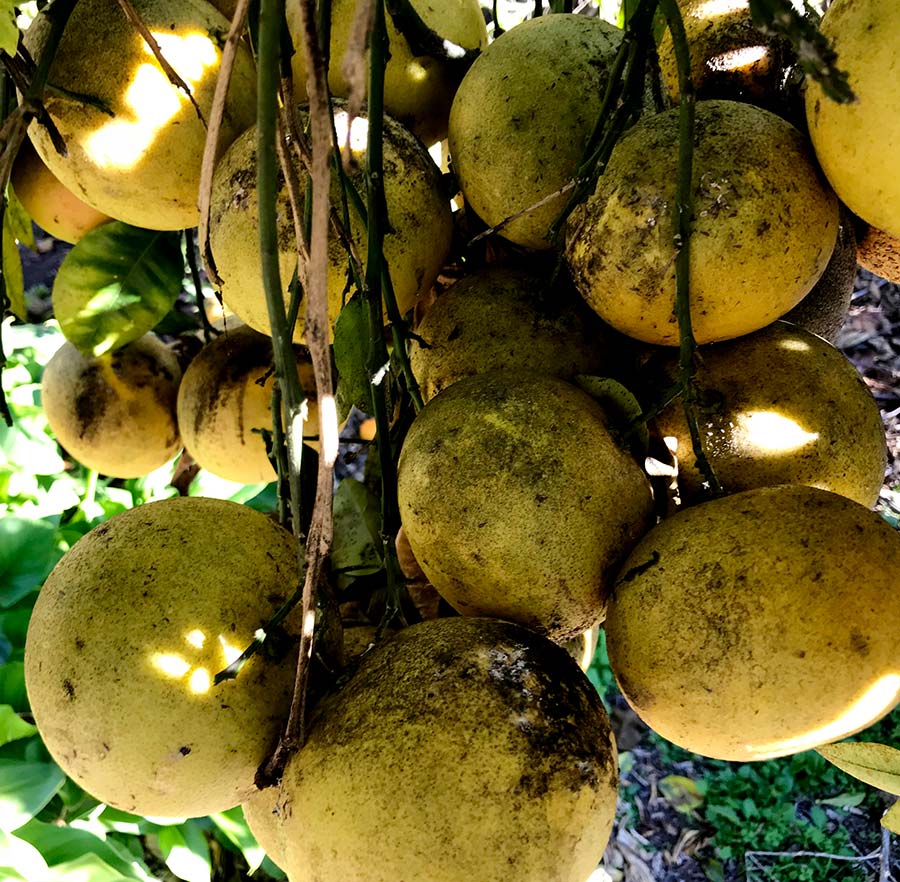
Healthy Borders Project
Casa Familiar has become an authority regarding the understanding of the intricacies faced by border communities. They see how border towns essentially become one, with people working and living in both communities, commuting across the border every day. This reality creates a new problem both in San Ysidro, a district in the city of San Diego, and Tijuana, where the poor air quality was a well-known fact: “Everybody knew there was an air quality problem, but we just didn’t have any data to back it up,” Lisa Cuestas, CEO of Casa Familiar, explains.
In 2008, Casa Familiar took on this issue, and, following its model of adaptability to respond to the actual needs of its community, they extended their services to the environmental social justice arena because this “is a very huge problem in San Ysidro,” Cuestas continues. In partnership with San Diego State University’s Graduate School of Public Health, the San Diego Prevention Research Center, and the University of Washington, Casa launched the Healthy Borders Project, an initiative with the aim to research the adverse social, health, and environmental effects of the border crossing delays. “There are 60,000 vehicles that cross the border every day, on a normal day, and another 20 to 30,000 pedestrians cross,” Cuestas details.
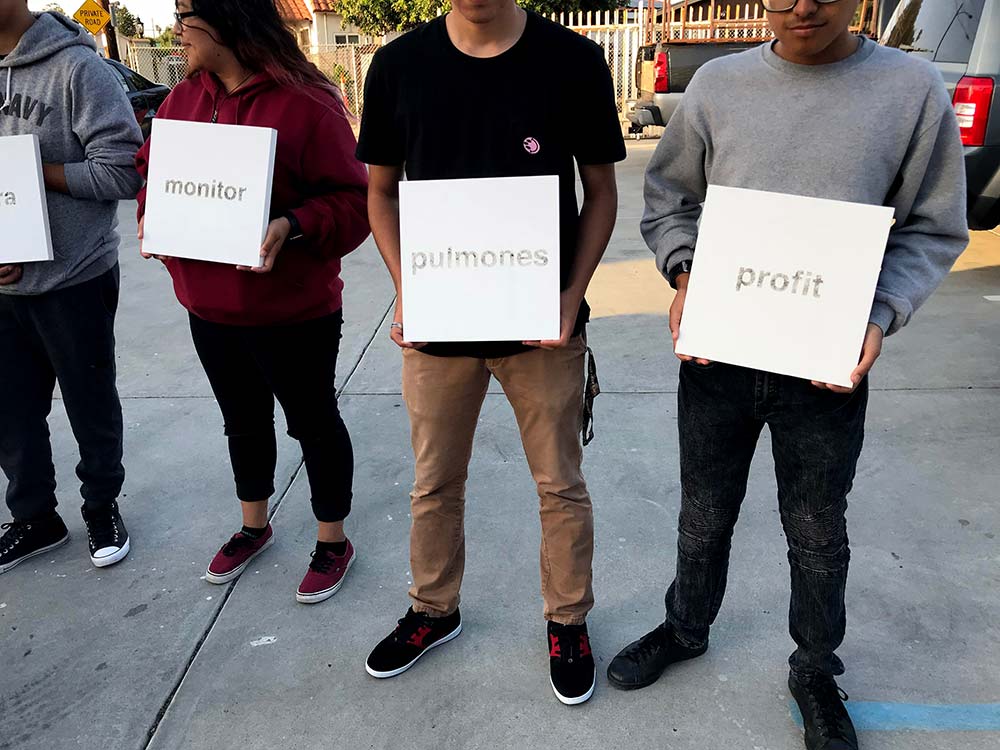
Casa Familiar has a history of working with the people, for the people, and its vision puts organizing and empowerment at the forefront. Casa wants the residents of San Ysidro and South San Diego, “to take an active role in their communities by getting involved in the civic engagement, sustainability, and quality of life issues affecting their region.” Casa also had this in mind when planning their work on Healthy Borders Project, and a resident committee was created to help guide the research: “We are strong advocates of community-based participatory research,” Cuestas shares.
Monitors have been placed in key areas to check the air quality of San Ysidro, and Casa Familiar is now also training people in-house to service the monitors. Thanks to those, they’ve been able to establish that “anything over a 100 minutes, that is one hour and a half, of border wait time causes a tremendous peak in carbon and particulate matter,” which is the sum of all solid and liquid particles suspended in the air, of which many are hazardous and can cause tremendous damage in an individual’s health.
“If you’re a pedestrian that walks across every day or you’re a driver that drives across every day, then you’re exposed to those pollutants,” Casa Familiar’s CEO explains. “Even if you’re not a border crosser, for example, if you go to school very close to the border, you’re suffering the impact of that as well. There is now data that shows that children in San Ysidro have higher rates of asthma and respiratory problems, as well as the rest of the community.”
Learn more about this issue and this project in this video produced by Casa Familiar.
A community engaged
This work Casa Familiar is focused on is looking into how far-reaching those pollutants go, and ensuring that the city of San Diego sees it as a regional issue: “We got into that kind of work because it is so particular to San Ysidro and it’s such a huge public health issue for the residents of San Ysidro, and in Tijuana, which is why we are expanding the presence of the monitors into Tijuana this year,” Cuestas explains. They’ll be placing six monitors in that city, and they are working with different organizations and in the development of a bi-national group to work on the air-quality issue in both countries.
Ensuring that the community is engaged in this project, Casa is intersecting their Healthy Borders Project with their advocacy work and pushing for additional green spaces that are designed to help reduce the pollution in the air: “We have a group of youth that we are mobilizing,” Cuesta explains. They are attending leadership development training to understand how to impact decision-makers, “and to make sure that San Ysidro is prioritized,” Cuesta continues.
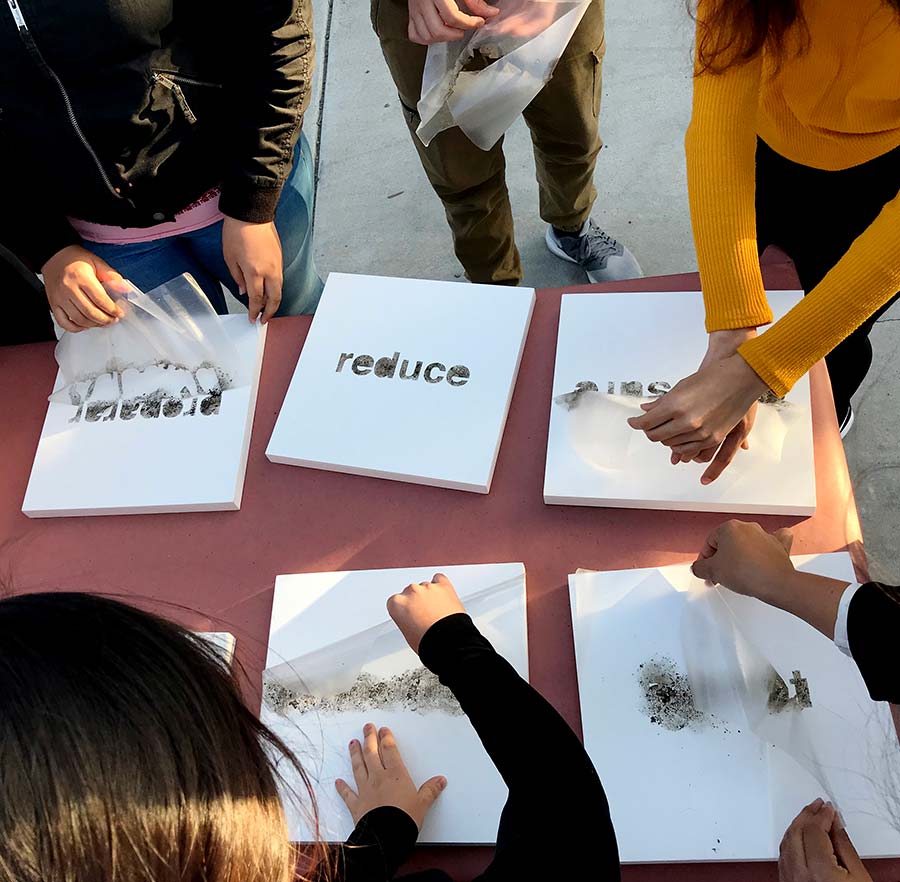
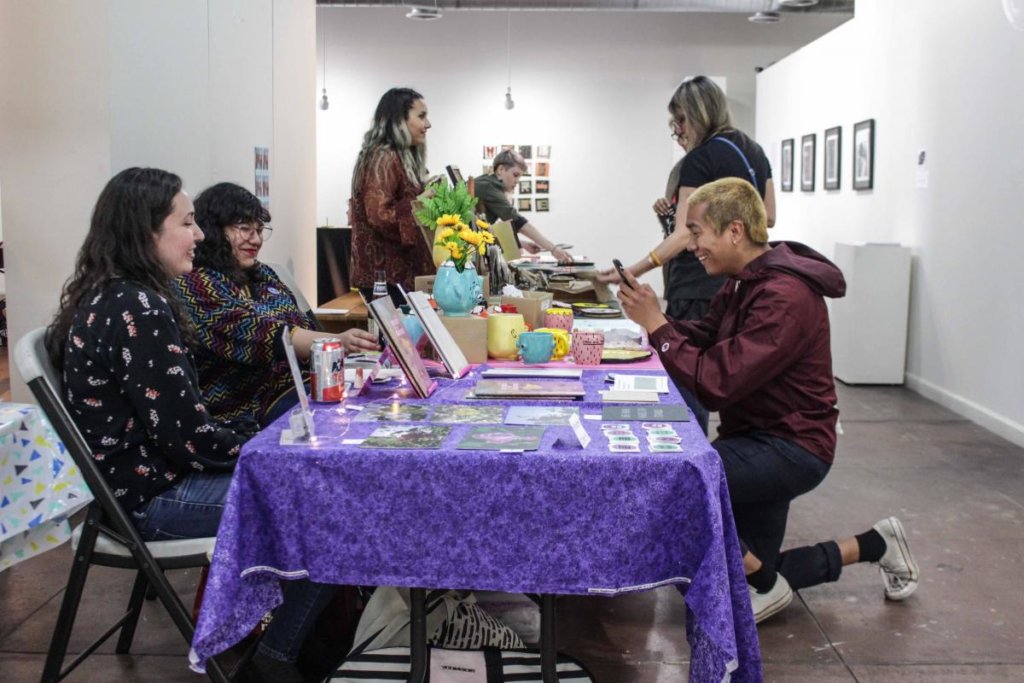
Furthermore, our Affiliate is also working with state agencies and their elected officials to advocate for funding to mitigate those issues. Casa is looking for cap and trade funds, funds the state receives from those polluting and that have to be utilized in projects that will help reduce the greenhouse gases that are creating global warming: “Now that we have the data, we can apply for that,” says Cuestas.
Casa is also the recipient of a Promise Neighborhood grant with other key organizations, like UnidosUS Affiliates San Ysidro Health and South Bay Community Services, and Barrio College Institute, Barrio Station, among others, organizations working both in San Ysidro and Barrio Logan, which is closer to downtown San Diego: “There’s different issues in Barrio Logan, but there are environmental-health issues there as well, issues of access to services, and quality education,” Casa’s CEO adds. “What we are doing is using our strength in organizing through our promotora program and really strengthening that because is one of our strongest programs right now, and we want to bring it to Barrio Logan.”
Bi-national efforts
Less than five miles apart, San Ysidro and Tijuana are intrinsically interconnected, and bi-national efforts to improve the quality of life of its residents moving back and forth cities is something Casa is focused on. “There are a lot of emergencies at the border, none of which have to do with a wall or will be improved by a wall, but there is an air quality emergency, there is a water quality emergency, and then the affordable housing crisis is a true emergency,” Casa CEO explains. “There is not affordable housing in San Diego, and it’s not going up quick enough, so that is causing people that are born as U.S. citizens to have to go to Tijuana to live because they just can’t afford to live here.”
This is another reason compounding the border crossings, and a reason why Casa Familiar has gotten involved with the San Diego Association of Governments to work on the Border to Bayshore Bikeway, a public work that will provide safe biking connections in the world’s busiest land border crossing, the San Ysidro Port of Entry: “It is an opportunity to reduce border wait times, and encourage people to use bicycles and public transportation,” said Cuestas.
Through their Sin Límites/Unlimited forum, a group created in 2002 where the community meets to give their input in community visioning, policy and decision making in the issues affecting San Ysidro, Casa got involved in this project: “We’ve always used our Sin Límites forum as a way to invite residents to learn and give feedback to the government, and we used our convenings to help influence the decisions of exactly where is that path is going to connect through and go through, because is an opportunity to reduce border wait times,” Cuestas continues.
In their almost 40 years of history, Casa Familiar has proven to be an organization working with the people, for the people, allowing itself to adapt to the changing and varied needs the community has, always sustaining their advocacy and community work at its core.
Next week they’ll be celebrating their Abrazo Awards Gala 2019, in which they’ll honor UnidosUS President and CEO Janet Murguía, and they’ll celebrate their creative ideas for the development of the U.S.-Mexico border.
You can also learn more about Casa Familiar at the 2019 UnidosUS Annual Conference. Registrations are open until tomorrow, July 26. Check the full schedule of workshops and activities here, and register today.

